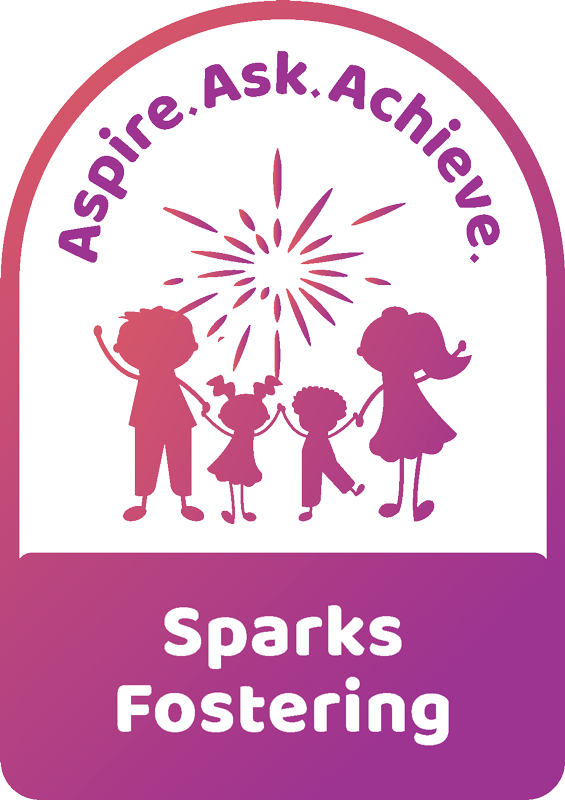How do you support a foster child’s education?
There are many ways to support a child’s education, depending on the child’s abilities and potential. Some things to consider include:
-
Ensure the child attends school on time. This is the responsibility of the foster carers.
-
Work with education professionals. Children in care have ‘personal educational planning’ meetings and some children also have ‘education health care planning’ meetings. Carers must attend and contribute to planning for the child.
-
Support the child to complete homework, if the support is needed.
-
Give additional support on topics that the child is struggling with.
-
Understand the child’s preferred learning style: Whether visual; auditory; reading/writing; or kinesthetic. Children should be encouraged to learn with their preferred learning styles, but also supported to develop the learning styles that they struggle with.
-
Play: The best form of education for younger children is play. Play teaches children about how things work in the world, encourages positive relationships and helps children in their physical and emotional development.
-
Reading: Children should be read to from a young age so that they can enjoy stories and creativity. As they get older, carers should encourage children with their reading and then carers should find books that interest the children. Online apps such as ‘Reading Eggs’ can help children who struggle with reading. Carers should take children to a local library to let them choose books.
-
Sports: Whilst sports are typically considered to be a leisure activity, they can help a child’s learning by improving social interactions, physical health and improved self-esteem. Learning varied sports and activities helps children to develop their ability to learn new things.
-
Think about the learning that the child has previously missed out on. Many children in foster care have missed out on earlier learning experiences either because of trauma at home, or because they’re weren’t able to make the most of the learning offered at school. Foster carers and education professionals should consider if the missed learning can be offered to the child in an age-appropriate way.
-
Celebrate any success and effort made by the child.






